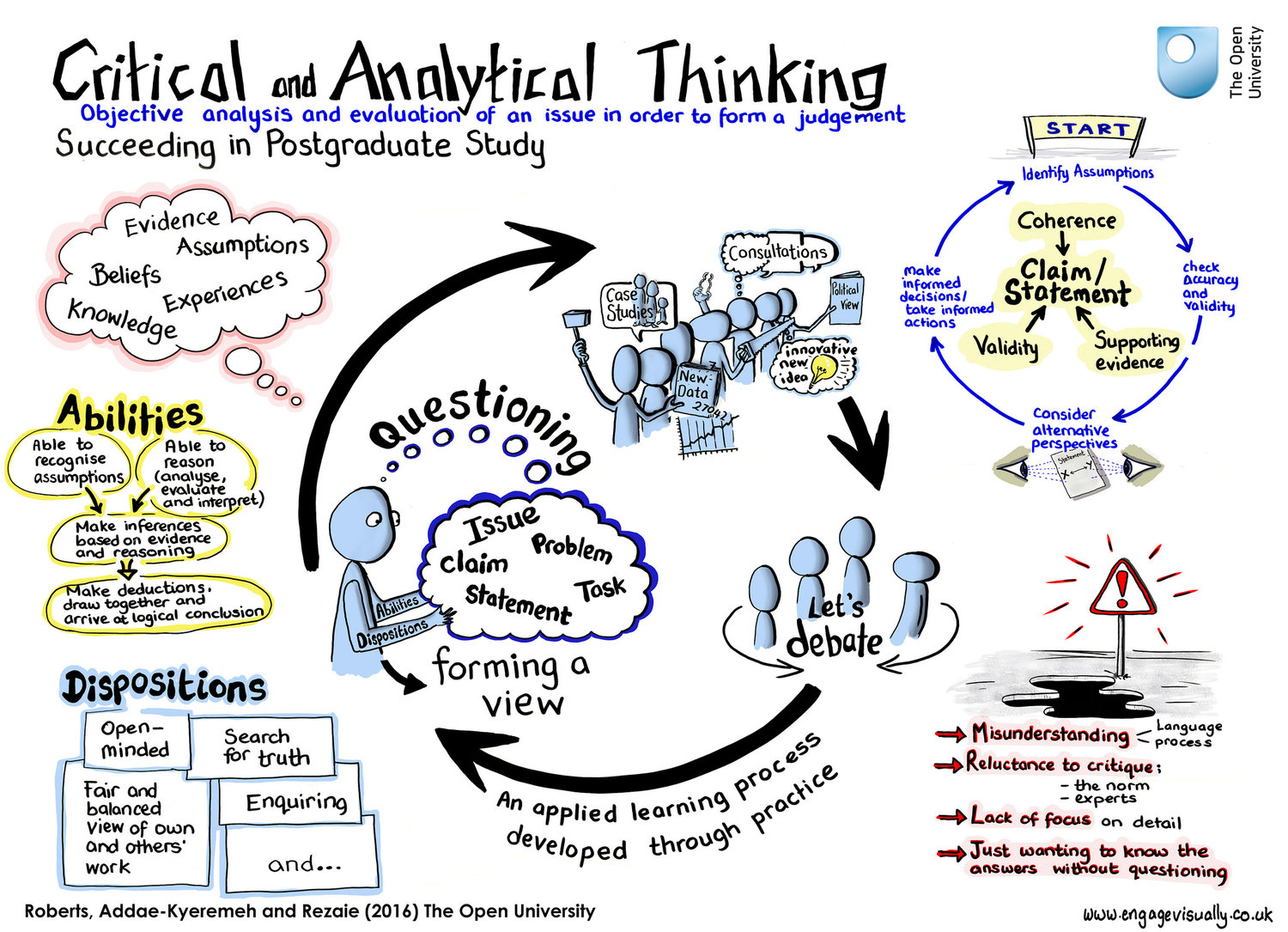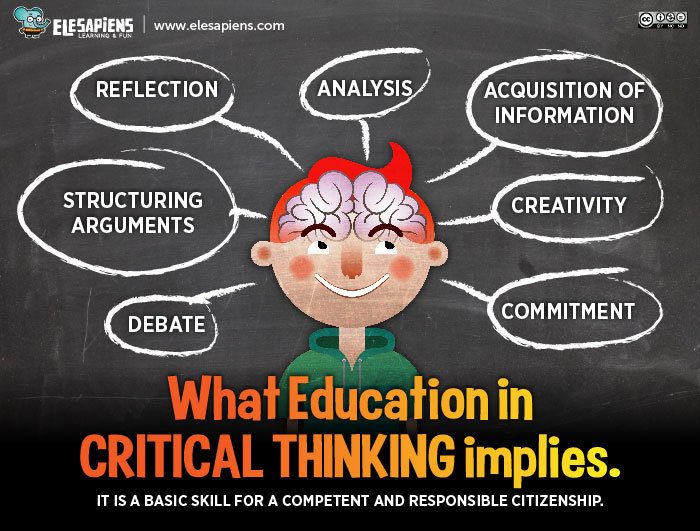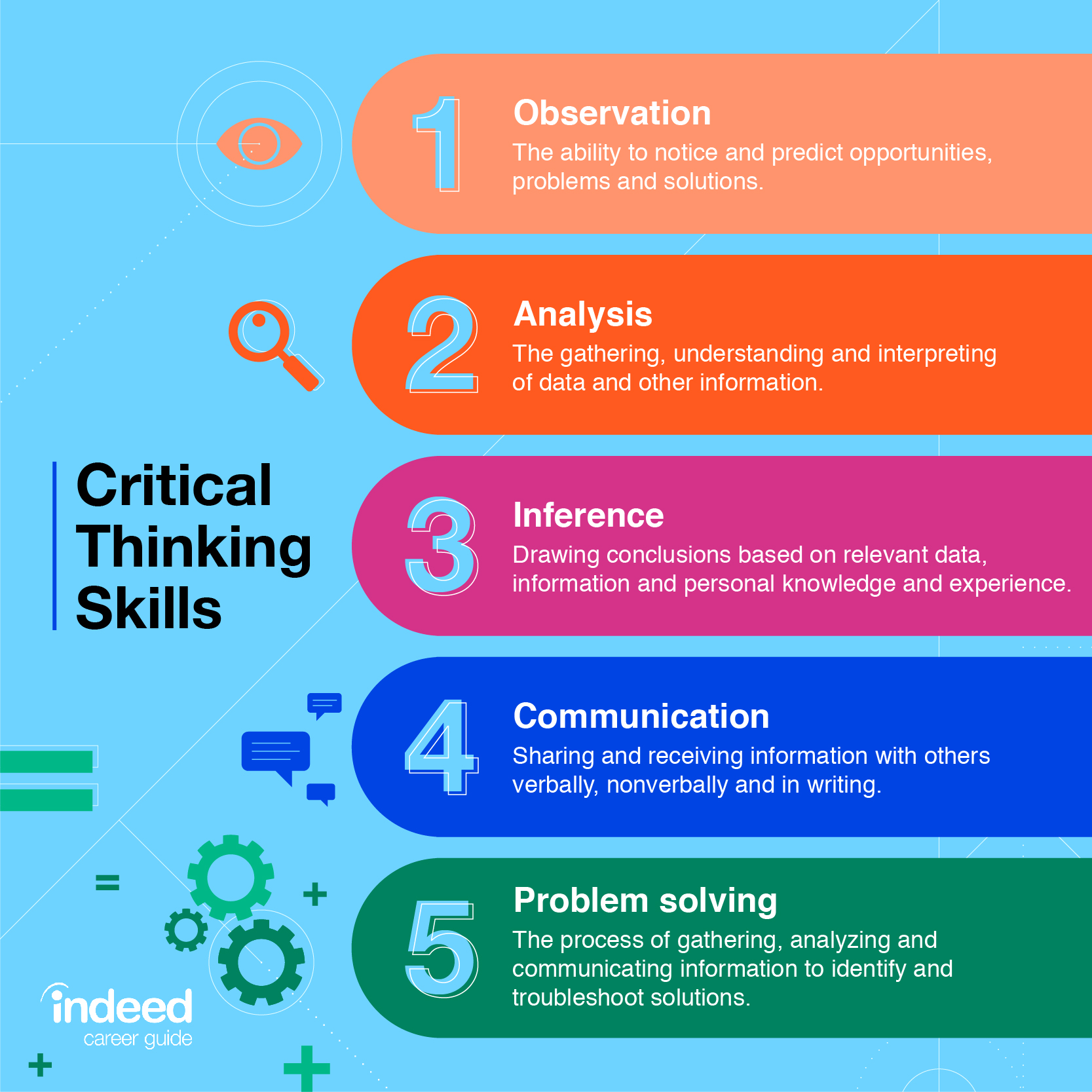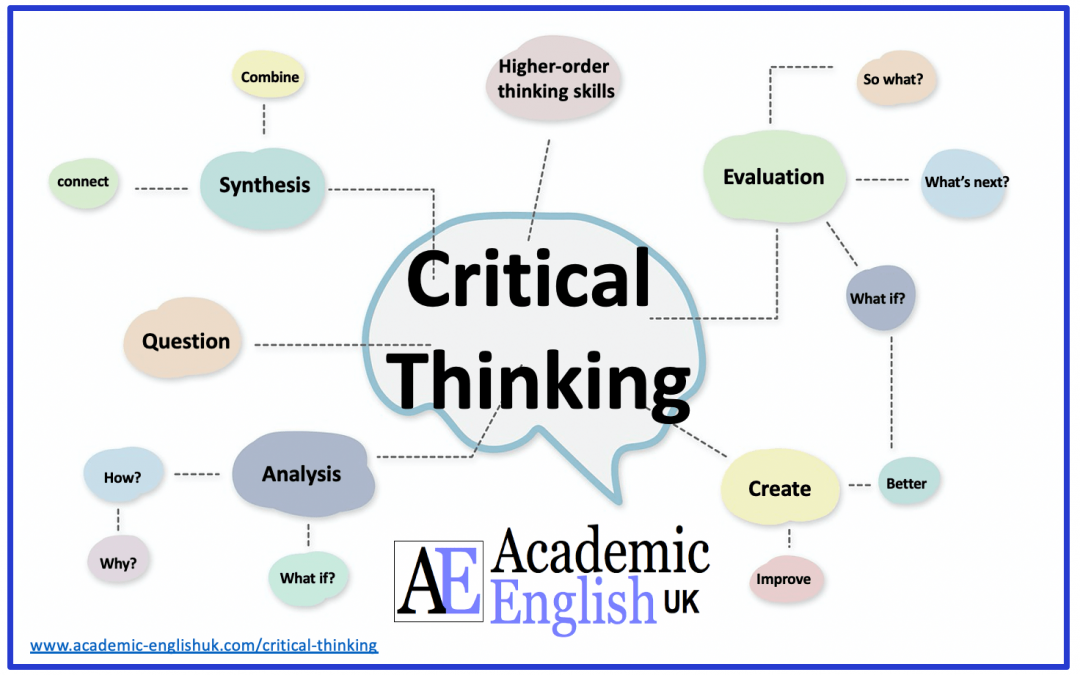Critical Thinking Presentation
| Introduction to Critical Thinking | ||
|---|---|---|
| Critical thinking is the process of analyzing, evaluating, and interpreting information to make informed decisions. It involves questioning assumptions, recognizing biases, and thinking objectively. Critical thinking skills are crucial in problem-solving, decision-making, and effective communication. | ||
| 1 | ||
| Characteristics of Critical Thinkers | ||
|---|---|---|
| Critical thinkers are open-minded and willing to consider different perspectives. They are curious and actively seek out information, rather than relying on assumptions. Critical thinkers are skeptical and question the validity of arguments and evidence. | ||
| 2 | ||
| Elements of Critical Thinking | ||
|---|---|---|
| Analysis: Breaking down complex problems into smaller parts to understand them better. Evaluation: Assessing the credibility and relevance of information and arguments. Inference: Drawing logical conclusions based on available evidence. | ||
| 3 | ||
| Benefits of Critical Thinking | ||
|---|---|---|
| Enhanced problem-solving skills: Critical thinkers can approach problems in a systematic and logical manner. Improved decision-making: Critical thinkers are better equipped to evaluate options and make informed choices. Effective communication: Critical thinkers can articulate their thoughts and ideas clearly and persuasively. | ||
| 4 | ||
| Developing Critical Thinking Skills | ||
|---|---|---|
| Practice active listening: Pay attention to others' viewpoints and actively engage in discussions. Seek out diverse perspectives: Expose yourself to different opinions and ideas to broaden your understanding. Continually ask questions: Challenge assumptions and seek deeper understanding by asking probing questions. | ||
| 5 | ||
| Conclusion | ||
|---|---|---|
| Critical thinking is a valuable skill that can be developed and honed over time. It is essential in today's complex world to navigate conflicting information and make informed decisions. By cultivating critical thinking skills, we can become more effective problem solvers and decision-makers. | ||
| 6 | ||




/active-listening-skills-with-examples-2059684-ct-edit-b374ca3a973b466283314e6ee3ae7b1a.jpg)
